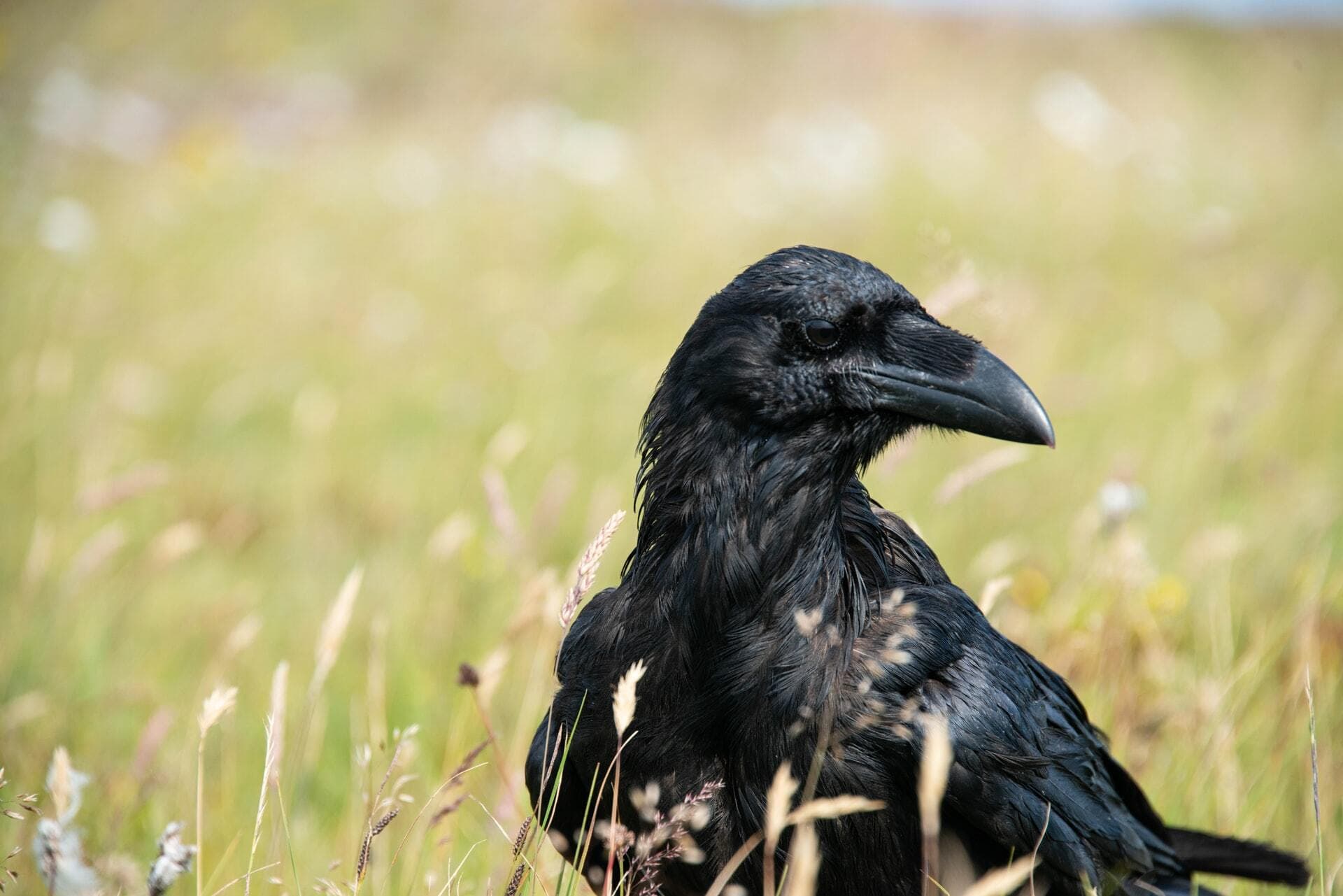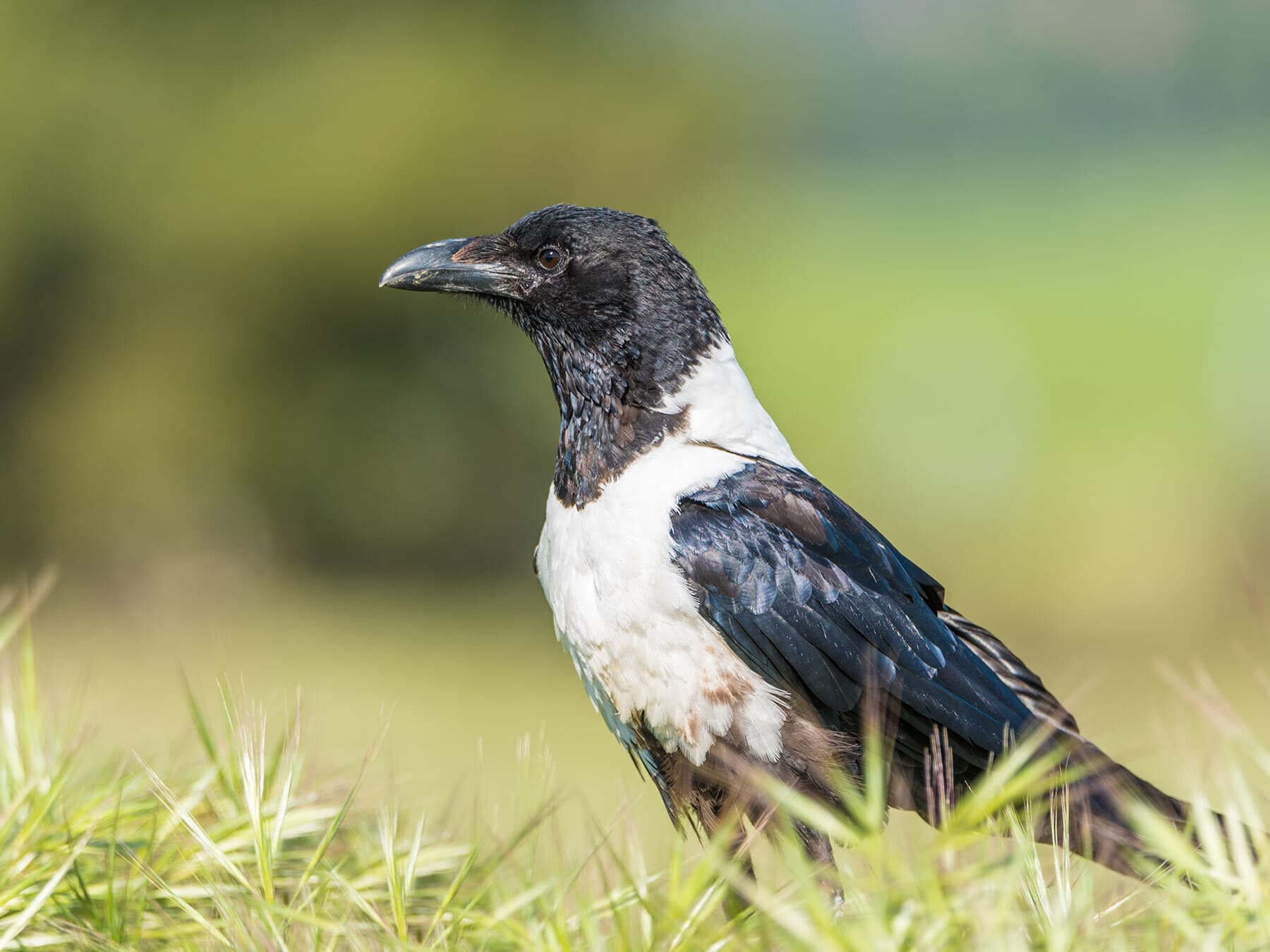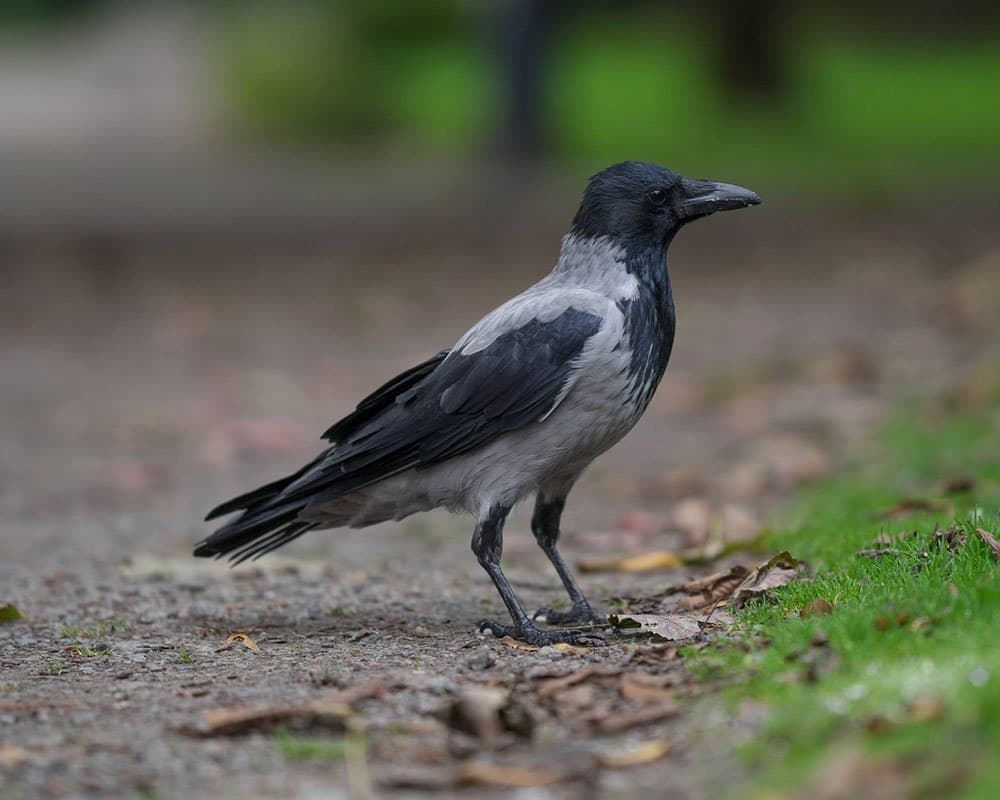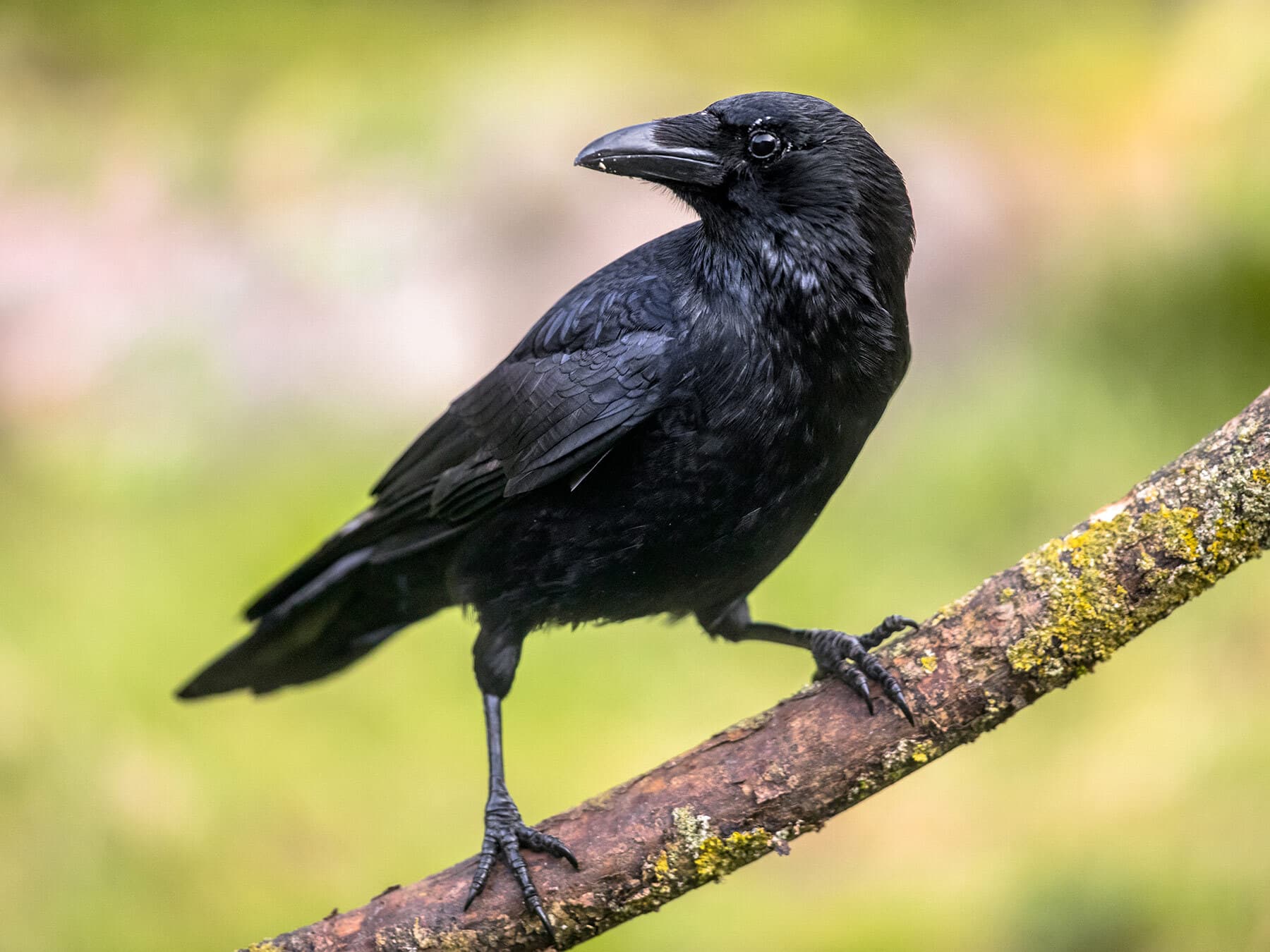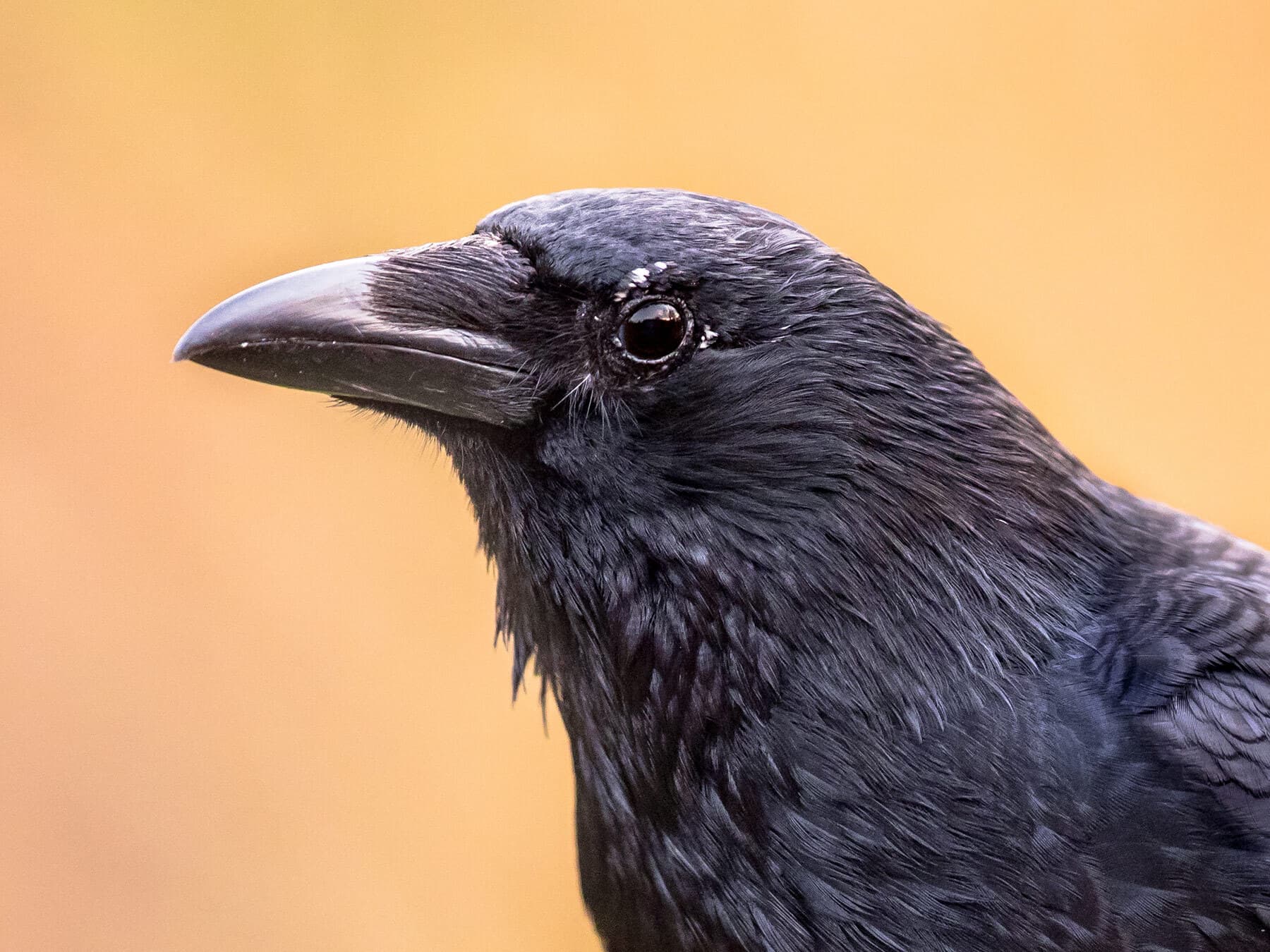
From the Journal
How Long Do Crows Live? Lifespan of Different Crow Species
Crows, members of the intelligent Corvid family, are known for their adaptability and resourcefulness. These birds can be found on every continent except Antarctica, thriving in various environments. But how long do these clever birds actually live? Let's explore the lifespan of crows and factors that influence their longevity.
Average Lifespan of Crows
The lifespan of crows varies significantly depending on the species and environment:
In the wild:
- Most crow species: 7-8 years on average
- American Crow: 7-8 years, with some reaching 15-30 years
- Carrion Crow: 4-7 years, occasionally up to 12-14 years
- Hooded Crow: 7-9 years, with a record of 14 years
In captivity:
- Crows generally live longer, often doubling their wild lifespan
- American Crows: Frequently exceed 25 years
- Carrion Crows: Up to 20 years or more
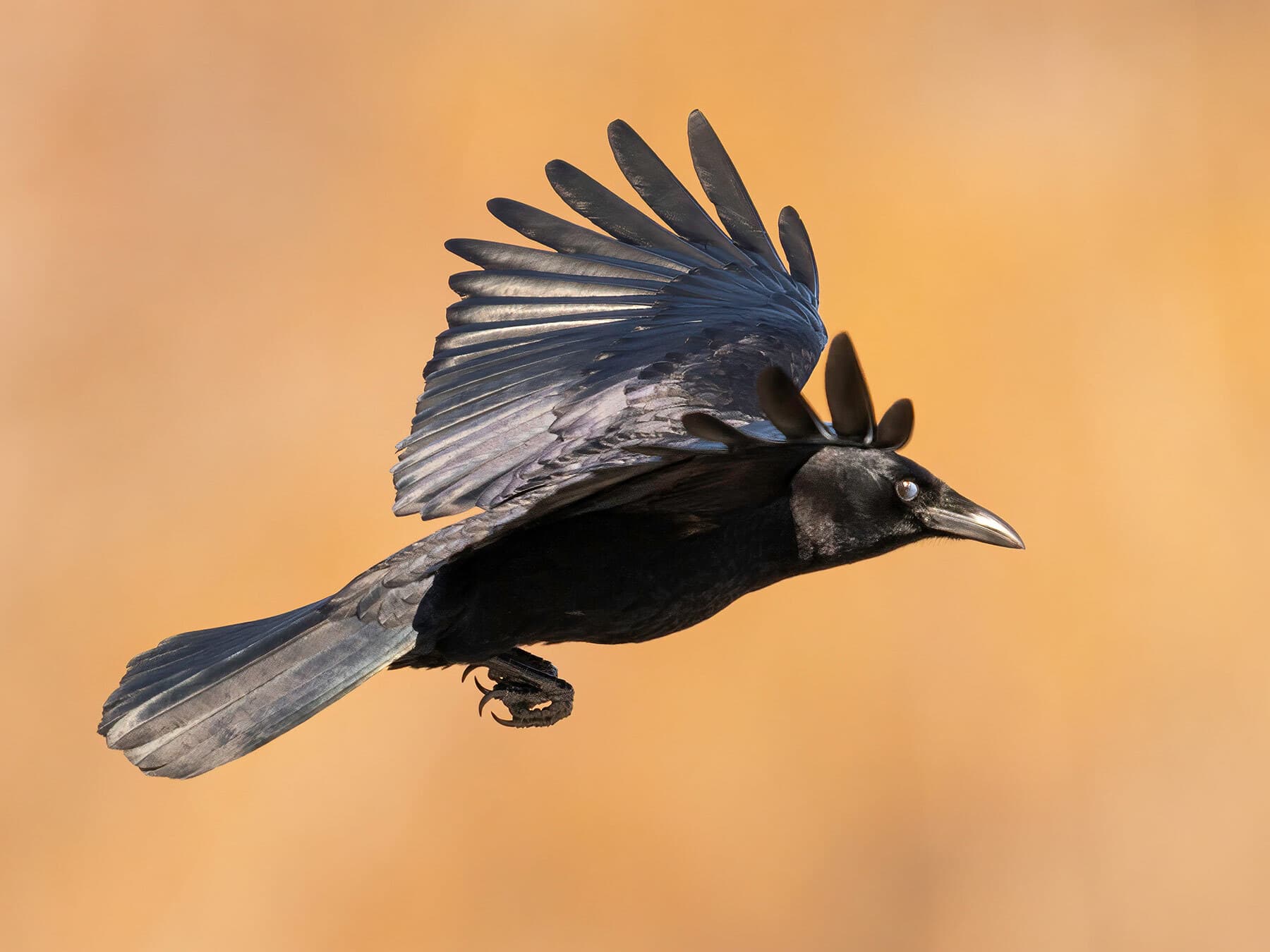
Factors Affecting Crow Lifespan
Several factors influence how long crows live:
- Species: Different crow species have varying lifespans, with some naturally living longer than others.
- Environment: Crows in temperate climates with mild winters and abundant food sources tend to live longer.
- Predation: While adult crows have few natural predators, young crows face threats from various animals and birds of prey.
- Disease: Some species, like the American Crow, are susceptible to diseases such as West Nile Virus, which can significantly impact populations.
- Human interaction: Urban environments can provide both benefits (fewer predators) and risks (collisions, pollution) for crows.
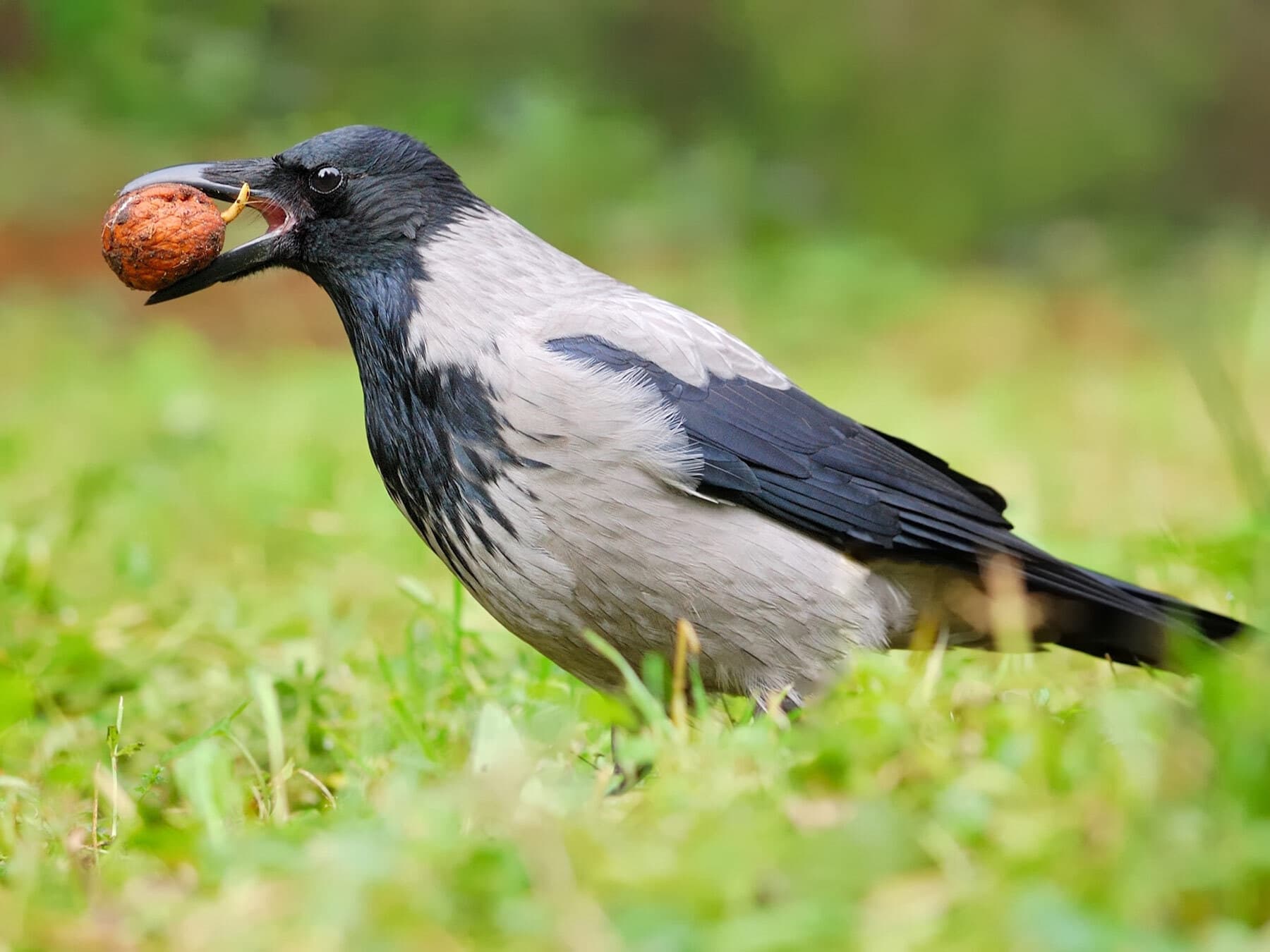
Got a photo of a bird you can't identify?
Upload a photo and find out what it is in seconds — no account needed
Identify a BirdSurvival Rates and Mortality
It's important to note that most crows don't reach old age:
- Up to 89% of crows may not survive to breeding age (2-4 years old).
- Only about 1 in 20 Torresian Crows survives their first year of independence.
- Hatchlings, nestlings, and fledglings face the highest mortality rates.
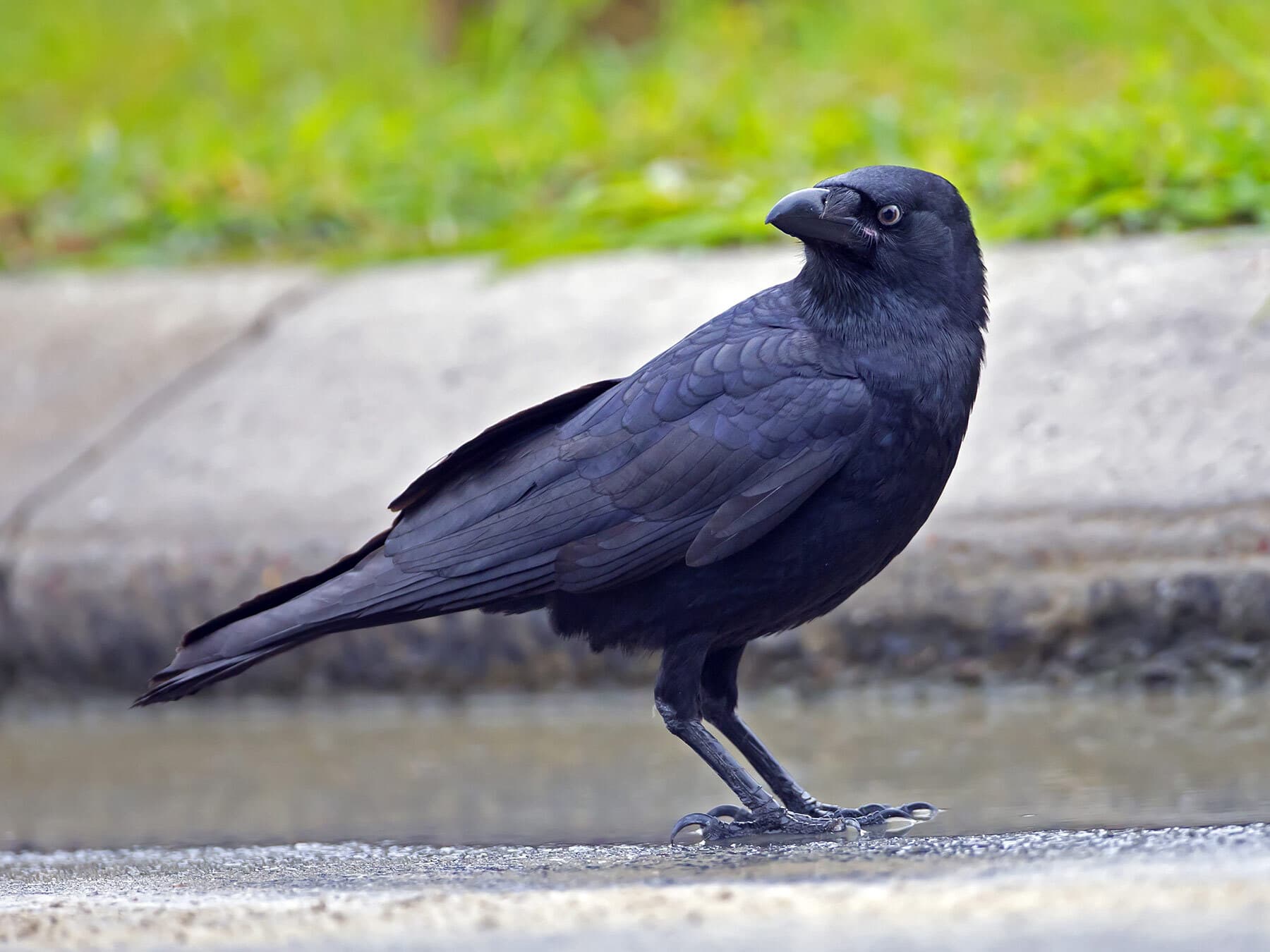
How long do crows live in captivity?
That’s a different question altogether! In captivity, birds typically avoid most of the hazards that threaten their lives in their younger years, including predators, parasites and infections and disease. Crows may live double as long in captivity as they do in the wild.
American crows have frequently been recorded living longer than 25 years in captivity. Even the Carrion crow has been recorded living for 20 years or so.
Tata holds what might be the record of the longest-lived crow at 59. The crow was allegedly born in 1947 and died in 2006 at its home in the Woodstock hamlet of Bearsville. Ornithologists are sceptical but agree that crows and other corvids do have the genetic potential to live exceptionally long lives.
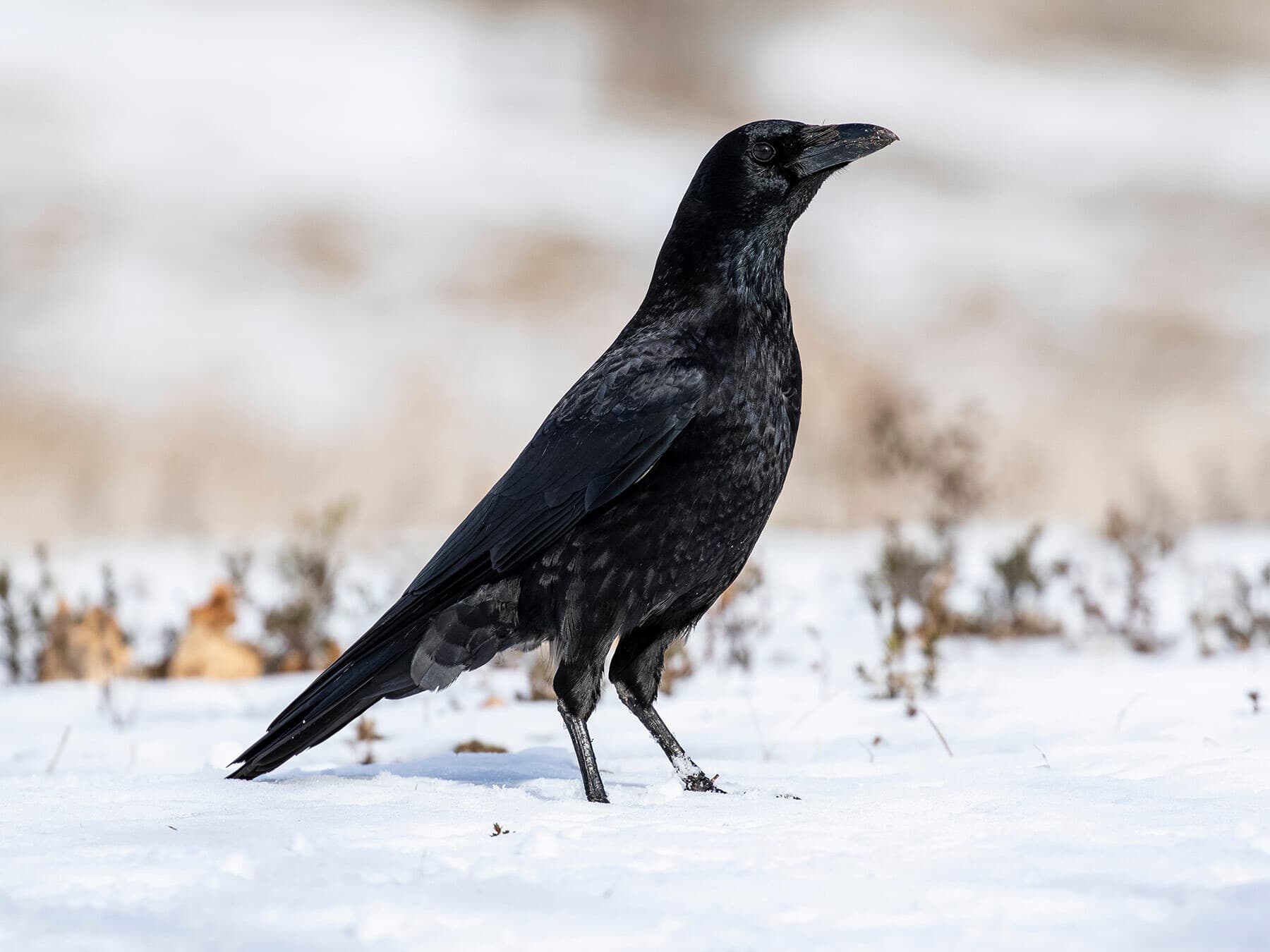
The Oldest Crow on Record
While unverified, there's an interesting account of an American Crow named Tata who allegedly lived to 59 years old. While this extreme longevity is debated among ornithologists, it highlights the potential for crows to live exceptionally long lives under ideal conditions.
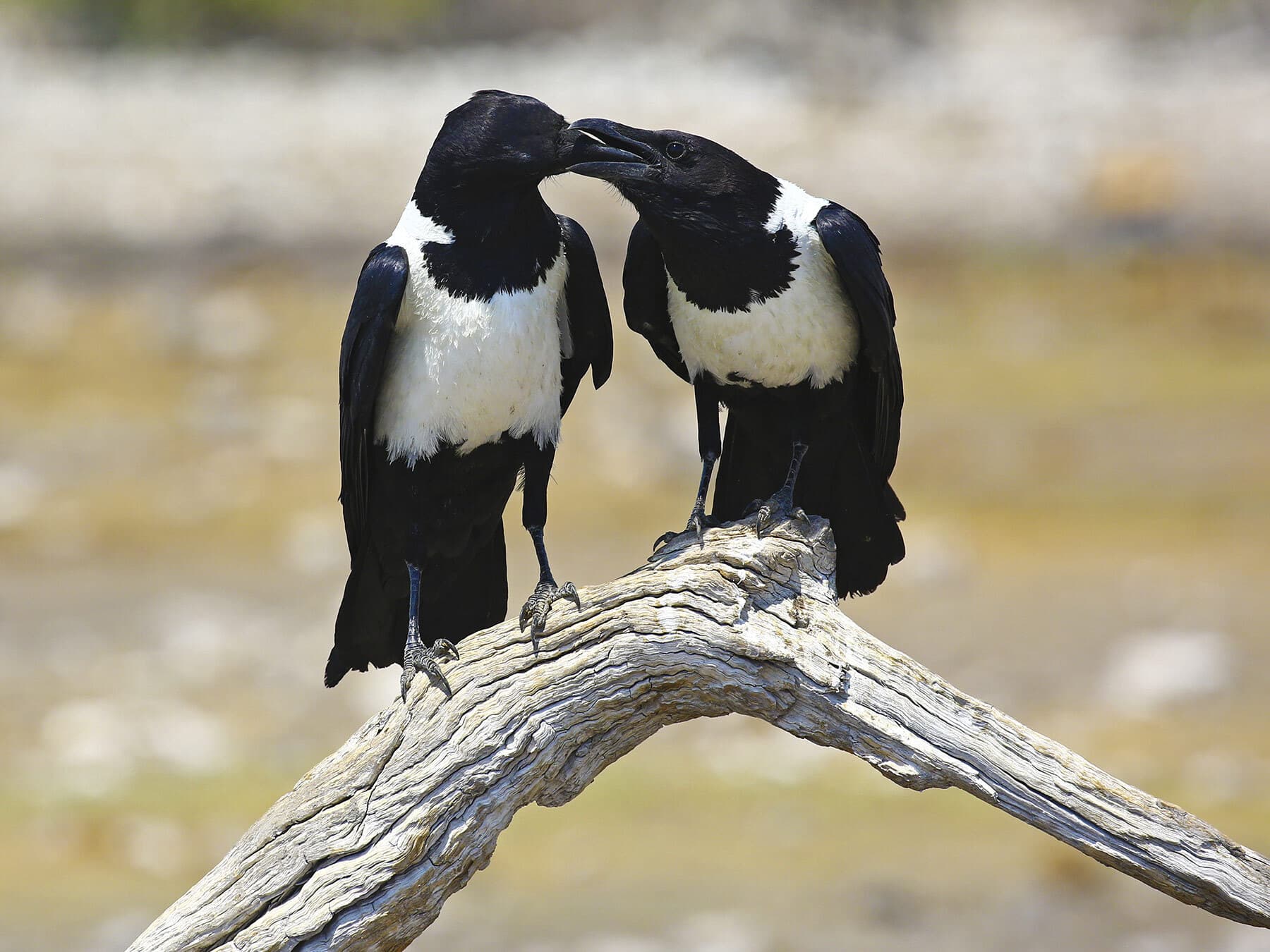
Do crows grieve?
Crows and many other corvids such as magpies are frequently observed holding ‘funerals’ for their dead. These processions are uncannily similar to the real thing, often involving synchronous movements between the attendees that seem to stand in solemn remembrance of their fallen comrades.
Some have even seen corvids bring offerings of petals and blades of grass, almost like laying flowers or wreaths. Whilst these accounts sound like hearsay - and many probably are - they are scientifically documented too.
One theory for this behaviour is that crows have a morbid fascination that leads them to inspect the body, almost like a post-mortem, which allows them to discover and learn the cause of death. Since corvids are exceptionally intelligent, they can likely infer information about what happened to the crow, whether that be an attack from a nearby predator or death from disease.
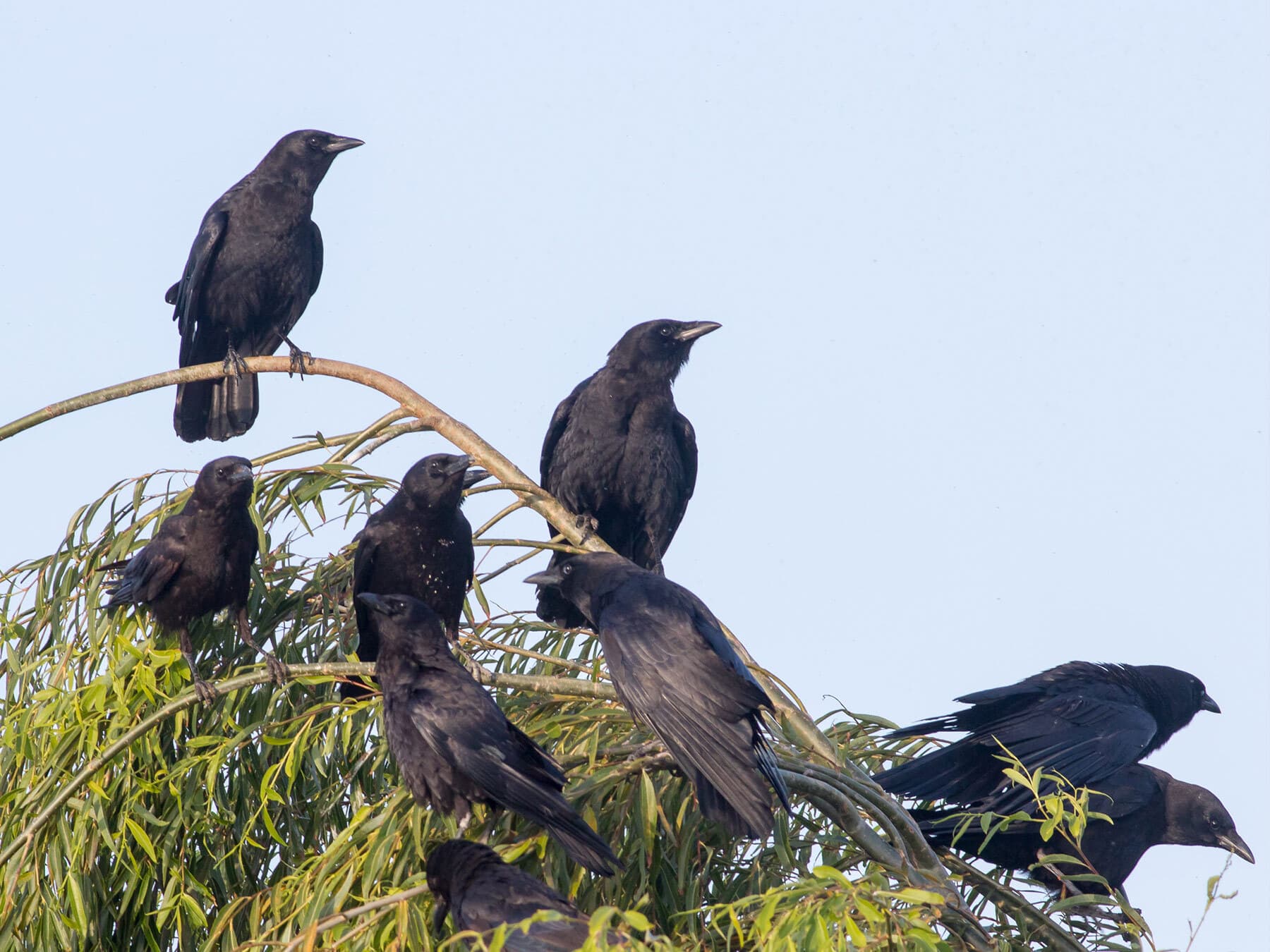
Studies have found that crows remember the sight of those that have some involvement with their dead, e.g. a potential predator. Once they identify that predator in their territories again, the crows communicate with one another via a series of warning calls.
The romantic conception of crows grieving for their dead is perhaps also skewed by observations of necrophilia, particularly in the breeding season. This is thought to be hormonally motivated.
Whether or not there is a component of grief is still largely a mystery. Crows do probably have the mental faculties to experience such emotion in some way, but it’d be very difficult to find out for sure.
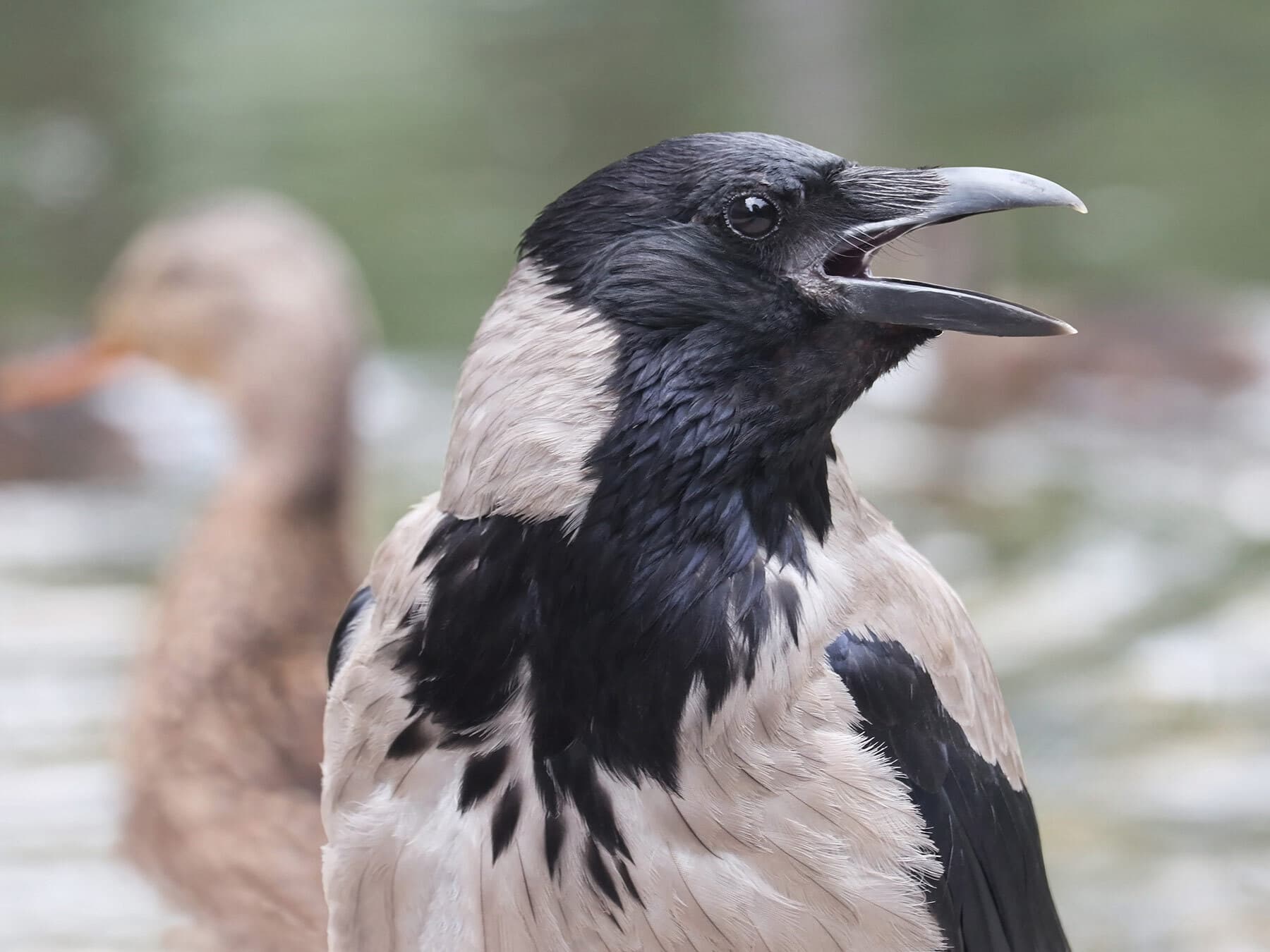
Identify Any Bird Instantly
- Upload a photo from your phone or camera
- Get an instant AI identification
- Ask follow-up questions about the bird
Monthly Birds in Your Area
- Personalised for your location
- Seasonal tips and garden advice
- Updated every month with new species
Associated Species
Related Articles
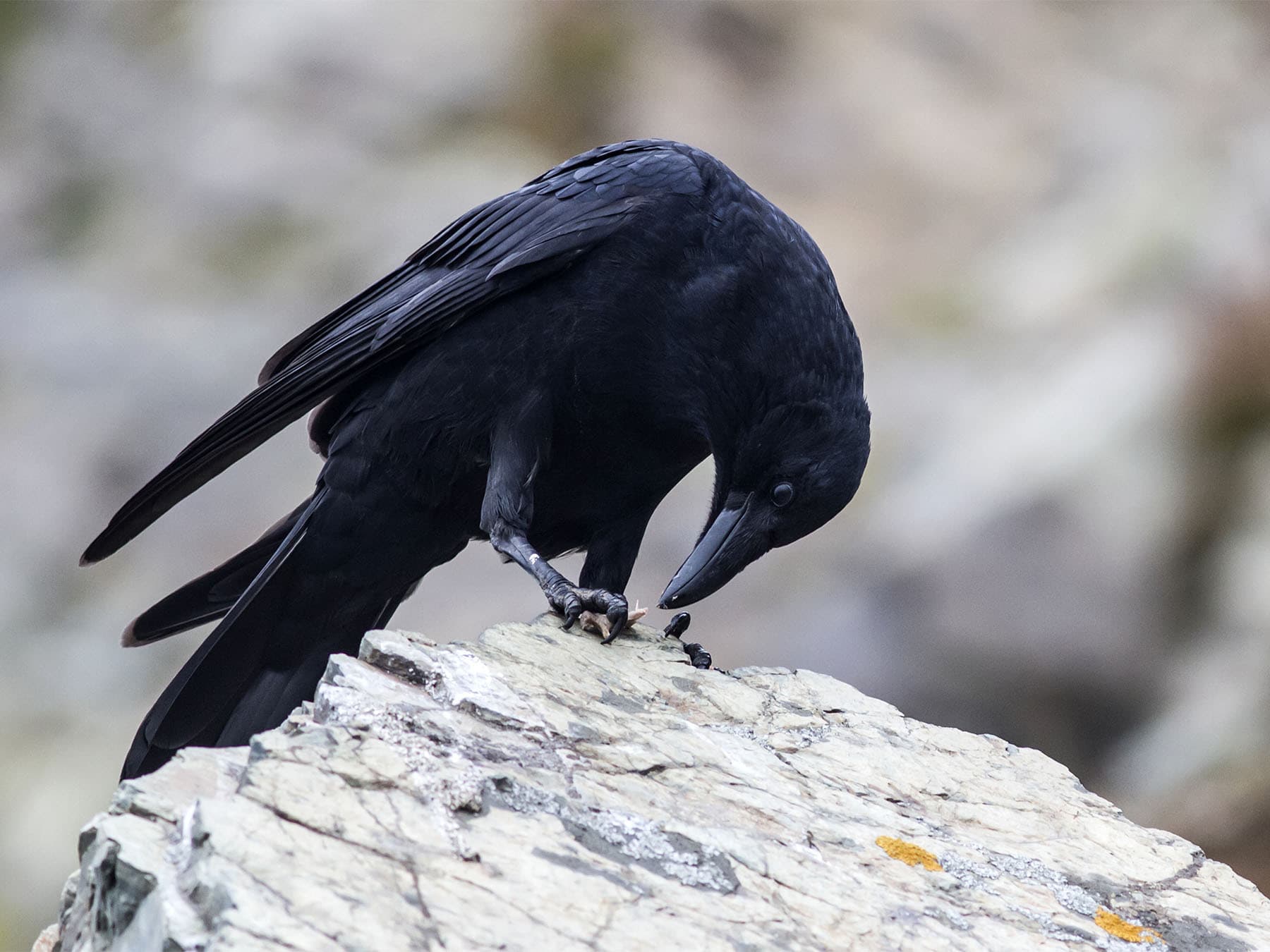
Crows: What They Eat and How They Find Their Food
Crows are omnivorous and highly adaptable, consuming a diverse diet including insects, fruits, small animals, carrion, and human leftovers, depending on their environment.Known for their intelligence, crows use tools and complex methods to find and access food, and they can recognize and remember humans who feed them regularly.In natural habitats, crows feed on a variety of insects, small animals, fruits, and nuts, but in urban areas, they often scavenge for garbage, human food, and pet food.While feeding crows can lead to a reciprocal relationship, it's important to consider ethical aspects, as overdependence on human-provided food may disrupt natural behaviors and local ecosystems.
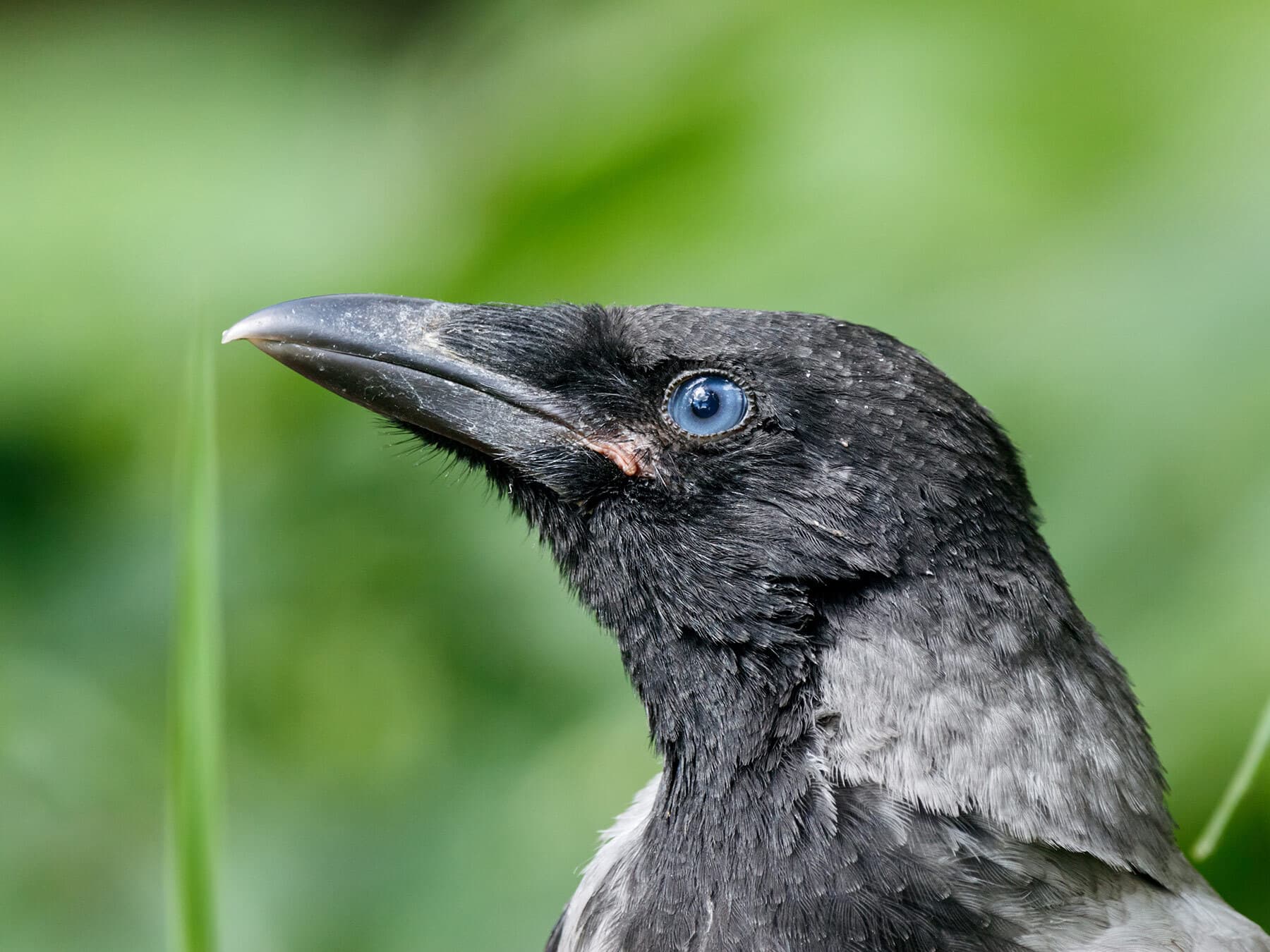
Baby Crows: All You Need to Know (with Pictures)
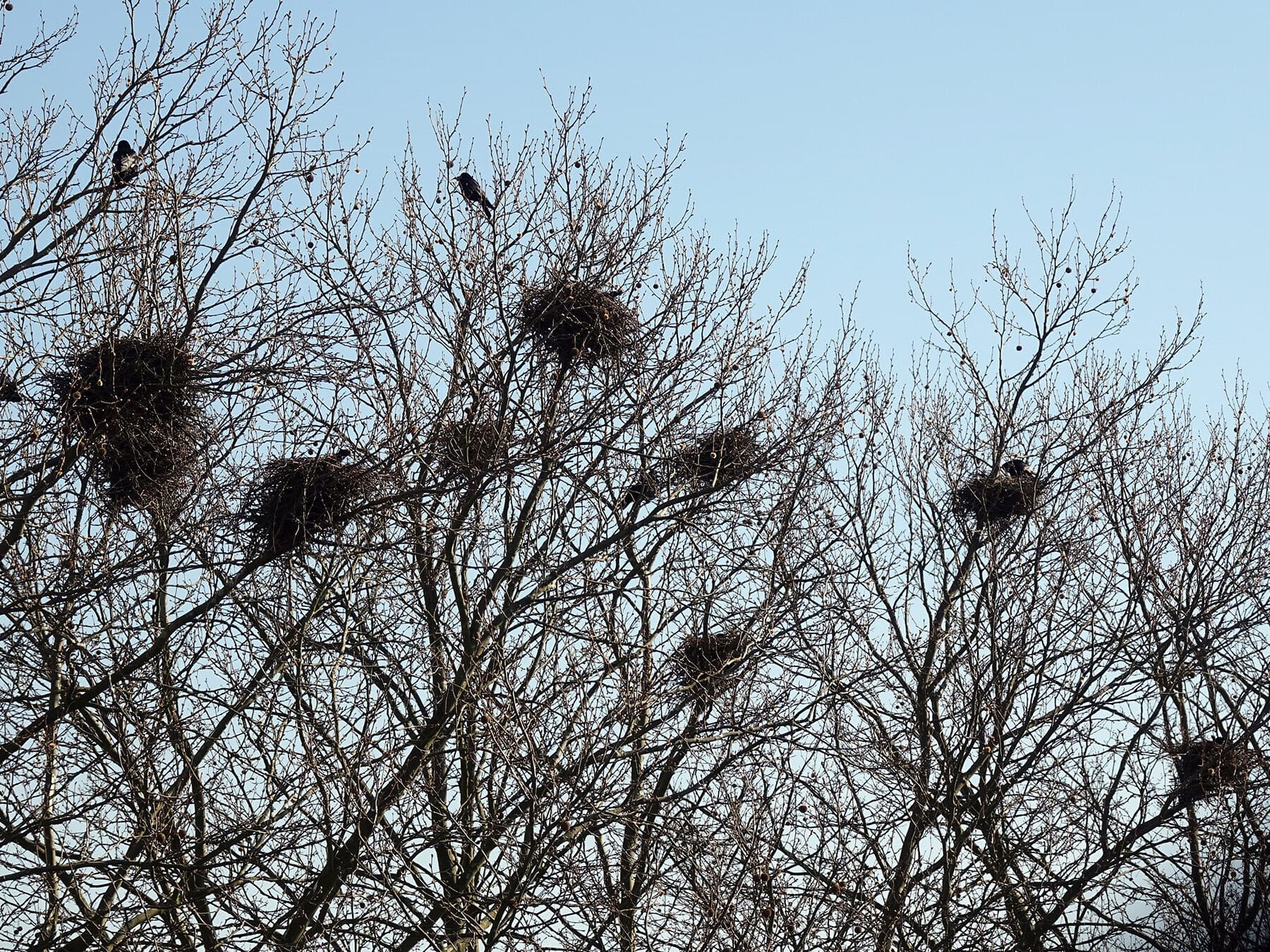
Crow Nesting (Behavior, Location, Eggs + FAQs)
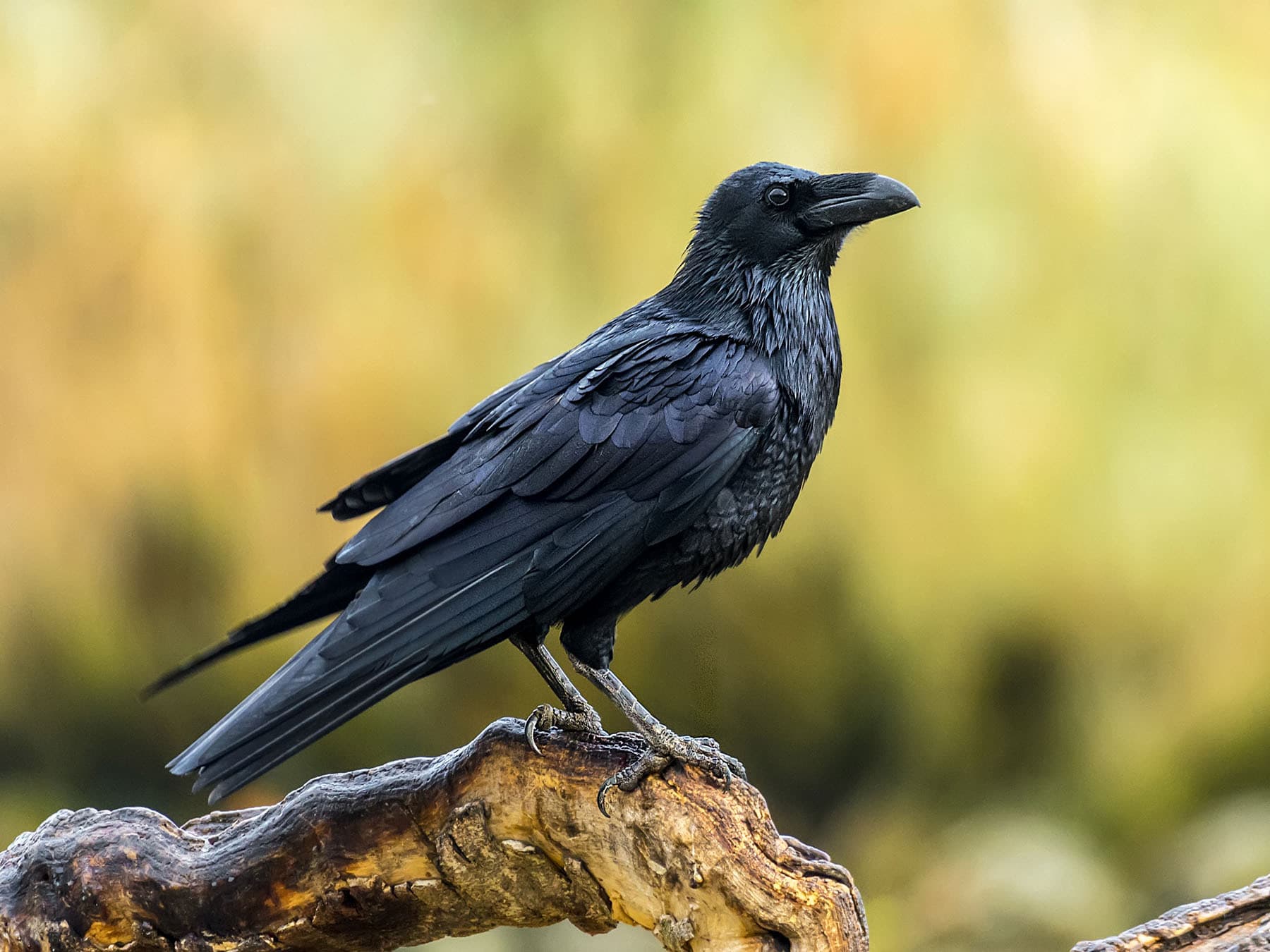
Ravens vs Crows: 8 Key Differences You Can Actually Spot
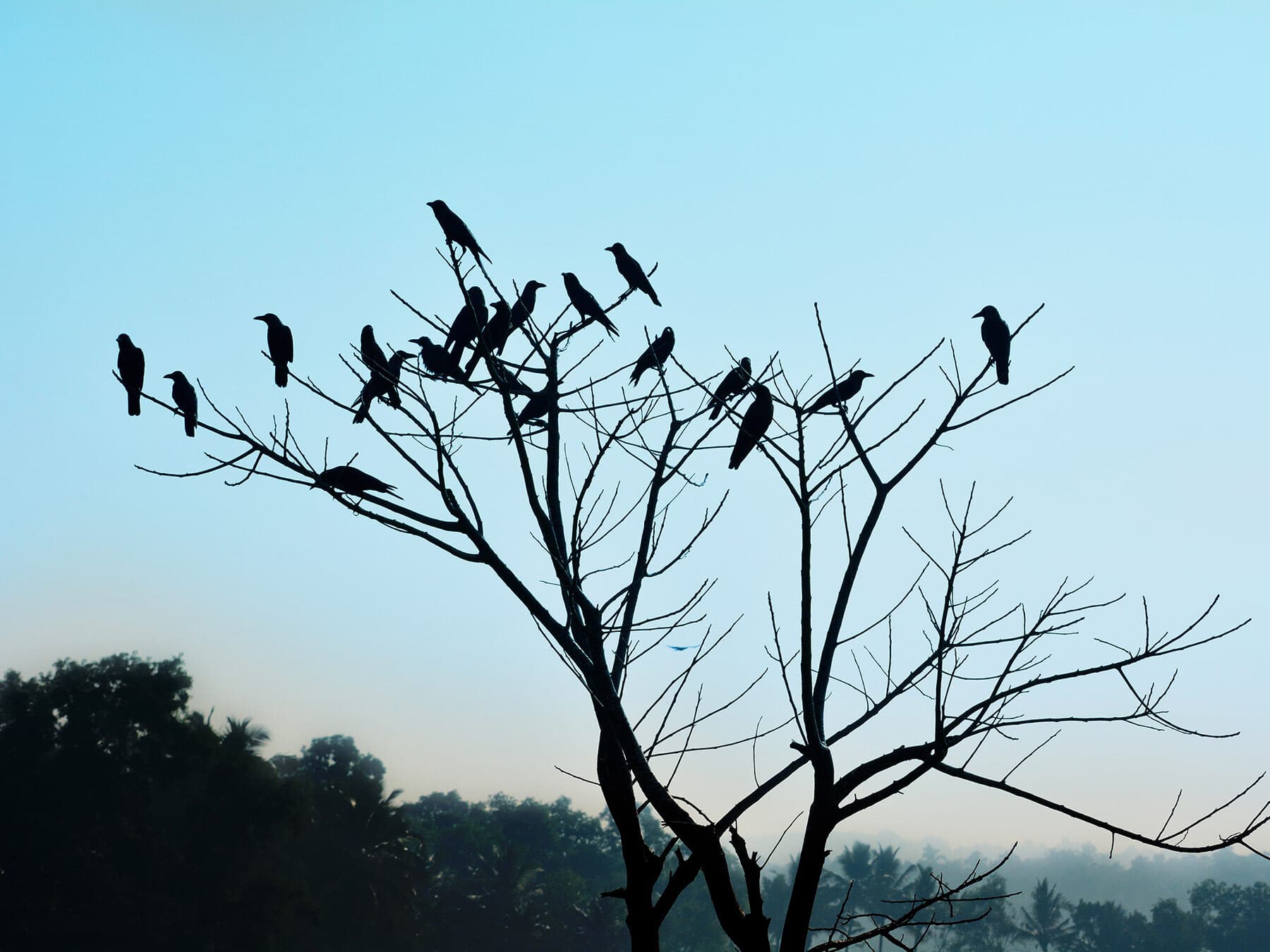
What is a Group of Crows Called? (And Why?)
